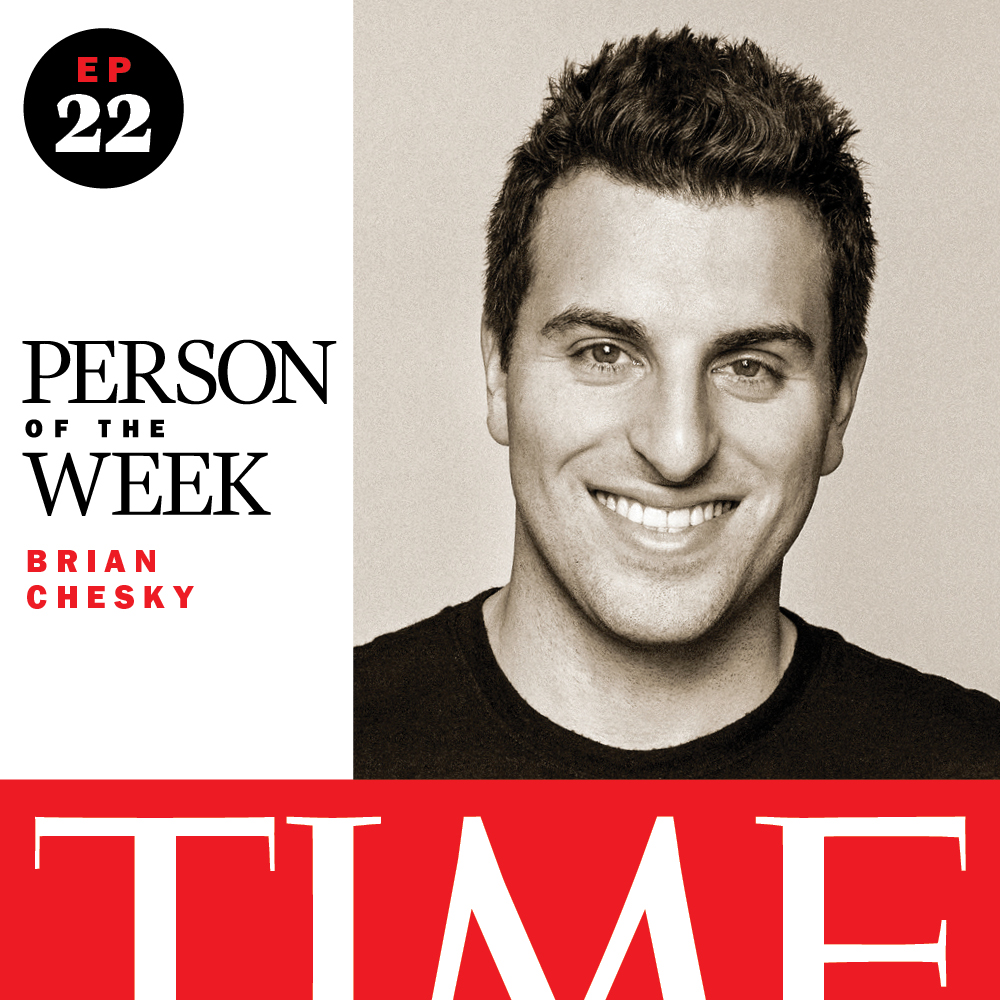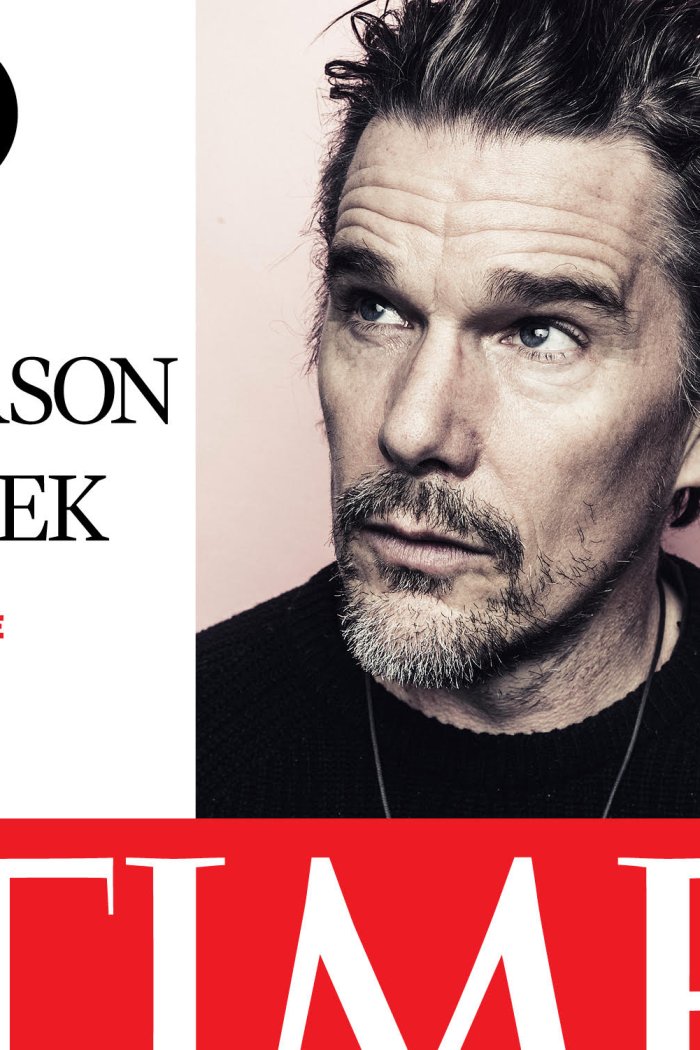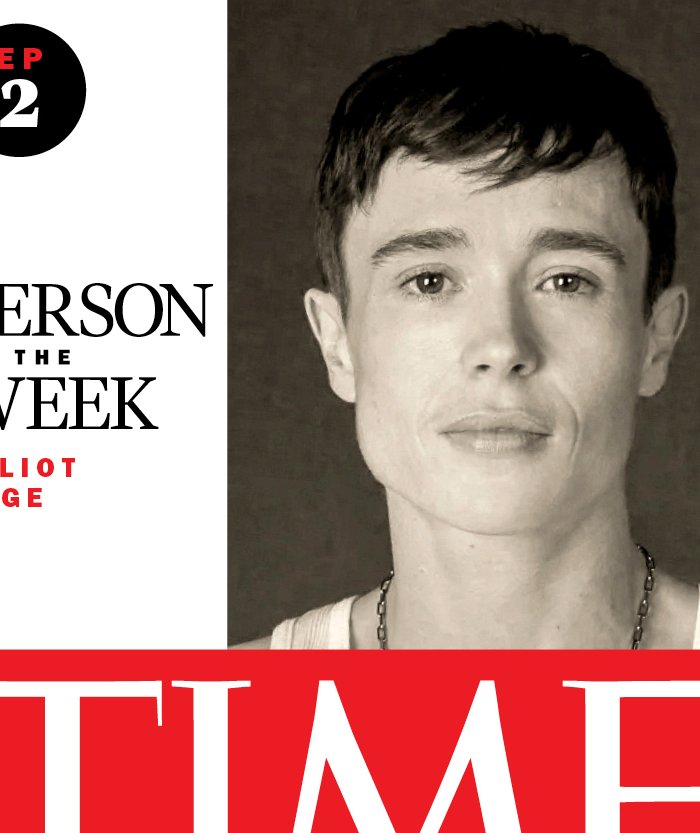It’s holiday season, which means you’re probably traveling to visit friends and family in the next few weeks. And if you’re not staying on your sister’s uncomfortable couch or at a nearby hotel, you’re probably staying in an Airbnb. Ever since Brian Chesky co-founded Airbnb in 2008, the home-sharing company has revolutionized travel, transformed the tourism industry, and even reshaped local real estate markets.
But fifteen years later, Airbnb is no longer a scrappy startup for couchsurfers. Now it’s one of the biggest and most influential travel companies on the planet, which means it’s facing increased scrutiny for its effect on local economies. And as Airbnb becomes ubiquitous in top tourist destinations, cities from Florence to Barcelona have imposed new regulations on rentals. And even New York, the top tourist destination in the U.S., recently effectively banned short-term rentals altogether.
I spoke with Chesky about how his background in art and design helped him build Airbnb, how his company is responding to new challenges to its business model, and why sometimes being a CEO of a $75b company can be surprisingly lonely.
Tune in every Thursday, and join us as we continue to explore the minds that shape our world. You can listen to the full episode in the player above, but here are a handful of excerpts from our conversation, which have been condensed and edited for clarity.
On how his background in art and design shaped him as an entrepreneur:
I loved a lot of the Renaissance artists like Leonardo da Vinci. I was a drawer. I used graphite pencil and charcoal and painting, and I was kind of a realist artist when I was like 14, 15. Then I moved into surrealism, and I ended up going to the Rhode Island School of Design. The moment I got on campus, I thought to myself, ‘Oh my God, I was born like a hundred years too late for what I want to do.’
So I thought to myself, I want to do something that reaches millions of people. Fine art didn’t seem to reach the kind of people I grew up with in my hometown.
And so I remember you have to pick a major freshman year. And there’s a department for this field called industrial design. And they said, industrial design’s the design of everything from a spaceship to a toothbrush. And I think the thing that’s amazing about that education is it teaches you empathy. It teaches you to put yourself in the shoes of the person you’re designing for. And you’re not just designing objects. You’re designing user journeys. It teaches you how to reduce something to its essence. It teaches you marketing and strategy, because if you design something, [and] it doesn’t sell, that’s kind of not a good product….
It’s very rare for designers or creative people to be in positions of power. They’re usually, you know, working for people. And so why is this? I think numbers have become the language of business…
I think designers and creative people have a sense of craftsmanship. They have a sense of caring about the details of something. I think they are motivated by understanding the needs of the person they’re making something for and try to put as much love and care and craft into the thing they’re making so that people want it and love it themselves. I think that products that are designed have a better spirit. They have a sense of a soul. And I think that ultimately creative companies are companies that tap into a sense of imagination. That they might come up with new breakthrough ideas, that people that were only beholden to near term measurable outcomes won’t ever have.
On whether Airbnb contributes to America’s housing crisis, and what can be done about it:
I think the counterintuitive thing is when people see empty homes and Airbnb, they assume those homes could have gone to a resident and no one lives there. And that’s not always the case. A lot of people were depending on Airbnb to pay their rent or mortgage….
I think the best thing for that city based on my experience is allow Airbnb, but really make sure you prioritize people renting their primary dwelling. [If] it’s their primary residence they live in, allow them to supplement their income. And then if it’s a second home or dedicated rental, that requires a different level of registration and you can literally calculate how many homes that the city needs…
I think in many cities, there’s more people moving to the city than housing being constructed.And I think that’s just a problem that’s much larger than us. Which is that there’s just probably not enough housing. Which is why cities get expensive and it’s also part of the reason why people turn to Airbnb in the first place.
My point is I’m not here to defend that Airbnb is a pure force for good. I think that what I’m saying is: it’s a tool. It’s a technology. It can be used for good. We have to work with cities responsibly. We made this work in cities all over the world. When cities tell us it doesn’t work, we try to make adjustments. I think it’s unfortunate that we have not found a path in New York. We made it work in Paris. We made it work in San Diego and make it in Seattle. And every city is different and different cities have different things that work for them, and we’ll continue to modify it.
Let’s talk about Paris for a second. Half a million people are going to stay in Airbnbs [during the Olympics.] So let’s say as a hypothetical, Airbnb didn’t exist. Where would those half a million people stay? They wouldn’t stay in hotels because hotels are fully occupied. They would not come to Paris.
On why it can be lonely to be a CEO:
I would say this: no one ever told me how isolating it would be. Now, I did hear the cliche, “it’s lonely at the top,” but I didn’t quite know what they meant.
Well, what it means is that the more successful you become… the more people are around you all the time. I mean, you’re literally not alone. You’re literally physically in proximity to people.
But the difference is that they are not having the shared experience that you’re having. The more success you get, the fewer the people have even had that experience…You’ve got to work hard to not isolate yourself.
- Cybersecurity Experts Are Sounding the Alarm on DOGE
- Meet the 2025 Women of the Year
- The Harsh Truth About Disability Inclusion
- Why Do More Young Adults Have Cancer?
- Colman Domingo Leads With Radical Love
- How to Get Better at Doing Things Alone
- Michelle Zauner Stares Down the Darkness


